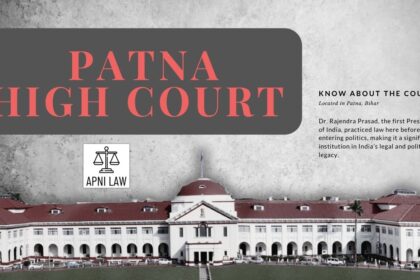Introduction
In Indian contract law, not everyone can enter into a legally binding agreement. Section 11 of the Indian Contract Act, 1872 lays down the fundamental rule that determines who is competent to contract. This provision is crucial for ensuring that only individuals with the legal capacity, mental clarity, and lawful standing can enter into enforceable contracts. The section plays a pivotal role in protecting vulnerable individuals, like minors and persons of unsound mind, from being unfairly bound by legal obligations. Understanding Section 11 is essential for both individuals and businesses to avoid entering into invalid or void contracts.
What Is The Legal Criteria For Contractual Capacity Under Section 11?
Section 11 of the Indian Contract Act states that a person is competent to contract if they fulfill three conditions: they must have reached the age of majority, be of sound mind, and must not be disqualified by any law to which they are subject.
Firstly, the age of majority in India is generally 18 years, as defined by the Indian Majority Act, 1875. Anyone below this age is legally considered a minor and is not allowed to enter into a contract. Any agreement involving a minor is considered void from the beginning (void ab initio) and cannot be enforced in a court of law.
Secondly, a person must be of sound mind at the time of making the contract. This means they must be capable of understanding the nature of the contract and able to make rational decisions about its consequences. If a contract is made by a person who is of unsound mind, it is treated as void, unless it is established that the person was of sound mind at the time of entering the agreement. Contracts made during lucid intervals, when a person temporarily regains soundness of mind, can be considered valid.
Thirdly, a person must not be disqualified by law. Disqualification can arise from various legal or professional restrictions. For example, individuals who are insolvent, convicted of a crime, foreign sovereigns. Or even certain corporate entities may face restrictions on contracting unless permitted by specific laws. In such cases, the agreement is considered unenforceable unless the law allows otherwise.
Conclusion
Section 11 of the Indian Contract Act, 1872, ensures that contracts are made only between parties. Who are legally capable of understanding and fulfilling the obligations they undertake. This provision prevents misuse, fraud, and exploitation of those who are vulnerable due to age, mental condition, or legal disqualification. By clearly outlining who is competent to contract, the law upholds fairness and integrity in contractual relationships.








